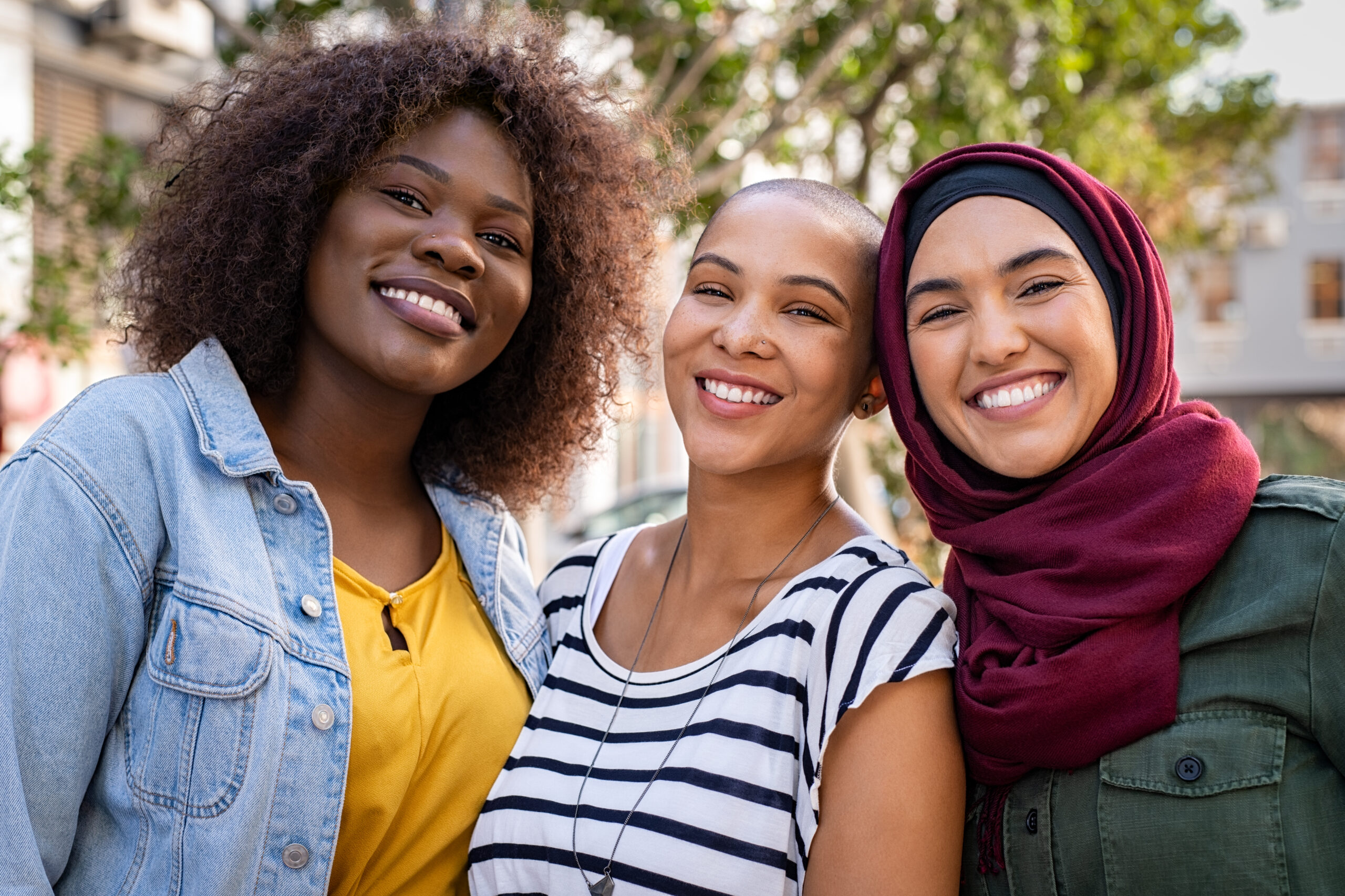If you are in an emergency, please call 999
If you’re worried someone might be monitoring your devices, exit this site and visit from a safe device. Learn more about keeping your technology safe here.
What can I do?
Create a safe space
Make sure you speak in private. Make it clear you won’t judge. Only then will she feel safe enough to open up.
Tell her you're worried
Try “You haven’t seemed yourself lately. Is there anything you want to talk about? Is everything OK at home?”
Take her seriously
Listen. Believe her. Women are often dismissed. They’re told he seems like a nice guy, or a great dad. Trust what she says.
Tell her it's not her fault
Your friend might blame herself. Tell her she is not to blame. He alone is responsible.
Don't judge her
Don’t ask why she hasn’t left or judge her choices. Instead, build her confidence and focus on her strengths.
Remind her she's not alone
She may have been deliberately isolated. Say you are there for her, and that there are solutions.
Encourage her to contact us
Reassure her about what it’s like to call us. Help her find out about her Your rights and options
Give her time
It might take several tries before she confides in you. Be patient. Recognising the problem is the first step.
If you have spotted any of the signs of domestic abuse, reaching out to your friend is the first step. Leaving a violent partner is a process, not a single act. It takes, on average, seven attempts before a woman is able to leave for good.
Remember: if you see or hear an assault, or you are worried your friend might be in an emergency situation, you can call the police on 999.
Why won’t she leave?
It takes huge courage to leave someone who controls and intimidates you. Leaving a violent partner is a process; women often attempt to leave several times before making the final break. Leaving is the most dangerous time for a woman; it is important your friend seeks specialist support if she is planning to leave.
Learn about the barriers to leaving
Help for professionals
If you work with women, you will meet women experiencing domestic abuse. Certain professionals have specific duties to support and protect women and children experiencing, or at risk of, domestic abuse. You should ensure you understand your duties, and the policies and procedures your organisation has in place to recognise abuse and support women. You may find our tips on how to speak to survivors about abuse useful. Remember, you may be the first person to whom a woman discloses her abuse. This may be her only opportunity to access support. It is critical that you listen to her and believe her, and that you are non-judgmental and respond safely and appropriately.
It is better for the woman to contact us directly. You can empower her by explaining who we are and what it’s like to call us.

